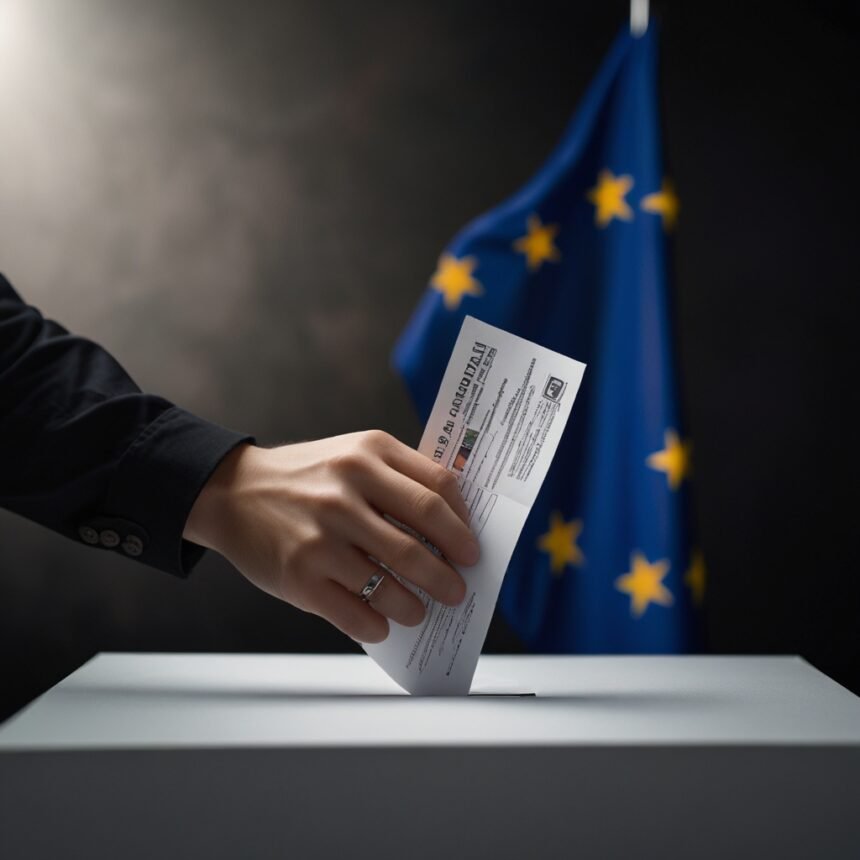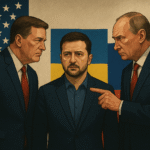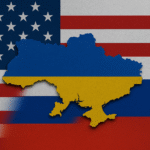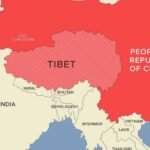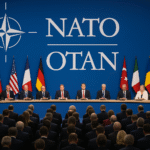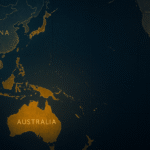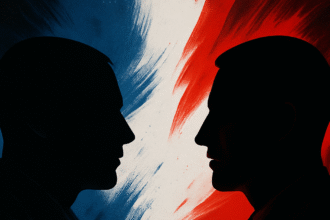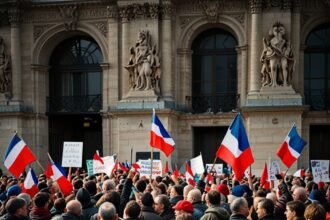Often speaking the loudest in silence is Europe.
And this time, it has murmured a change — not abrupt, but seismic — through the ballot box.
From the quiet rural enclaves of Bavaria to the grand boulevards of Paris, voters turned inward. The political center pulled back in the most recent EU elections. Rising in its place were the restless, the disillusioned, and the profoundly uncertain.
This rise was more than just a rightward swing. It was a search for control — of borders, culture, and destiny.
Marine Le Pen’s National Rally surged past President Macron’s political coalition by a stunning margin in France. Always inclined toward dramatic gestures, Macron dissolved parliament and called for new elections. His critics call it panic. His supporters call it courage. The truth may lie somewhere in between.
Germany, too, has turned a page. Long confined to the political margins, the far-right Alternative für Deutschland is now the country’s second most powerful force. Its ascent reflects more than discontent with Berlin’s policies — it reflects a kind of spiritual fatigue, a sense that post-war consensus politics no longer carry weight in an anxious economy and a shifting global order.
Italy, meanwhile, finds itself in a strange position: kingmaker. Once seen as a European radical, Giorgia Meloni now carries herself like a stateswoman. Her party’s influence is growing — and with it, the power of a rebranded nationalism. Elsewhere — in Austria, Hungary, the Netherlands — familiar notes echo: skepticism of Brussels, longing for strength, hunger for cultural security.
This is not just a European story. It’s part of a global undercurrent — a mood sweeping through Washington, Delhi, Manila, and beyond.
Populism today does not wear jackboots. It speaks in digital rhetoric, legislative subtlety, and carefully edited video clips. But beneath the messaging, the same question remains: who decides who belongs?
This shift matters — for India, for the United States, for Europe’s trade partners and allies. EU trade talks may grow colder. Climate cooperation could lose urgency. Diplomatically, Europe may become more fragmented — less predictable and more inward-looking.
The EU still holds a pro-European majority. But the mandate is weaker. The center now bargains with its skeptics — not over whether to expand Europe’s vision, but how to keep it from unraveling.
The soul of Europe has always been divided: between empire and unity, memory and progress, openness and control. This election hasn’t rewritten that conflict. It has simply amplified it.
Not a revolution — a recalibration. The kind that redraws borders not on maps, but in minds.

